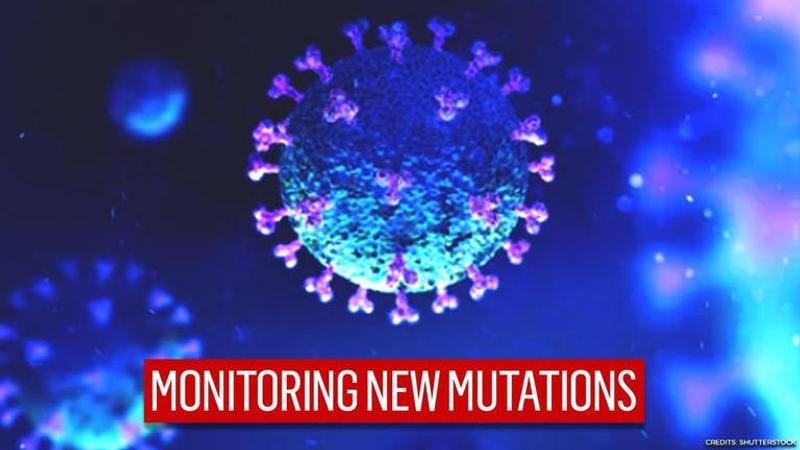Published 14:40 IST, November 26th 2020
Coronavirus mutations not responsible for rapid spread but need to remain vigilant: Study
“The number of SARS-CoV-2 (coronavirus) genomes being generated for scientific research is staggering,” the lead author of the study, Dr. Lucy van Dorp said.

Researchers at the UCL Genetics Institute have found that the mutations of the novel coronavirus did not ascertain an increase in its transmissibility or made it more contagious among humans. In a study published on November 25 in the Journal Nature Communications, scientists analyzed the SARS-CoV-2 genomes by taking samples from at least 46,000 patients with positive diagnoses across 99 countries. It was found that none of these mutations were making the virus spread the COVID-19 disease at a faster rate as has been speculated previously.
“The number of SARS-CoV-2 genomes being generated for scientific research is staggering,” the lead author of the study, Dr. Lucy van Dorp said in a UCL’s release. “We realized early on in the pandemic that we needed new approaches to analyze enormous amounts of data in close to real-time to flag new mutations in the virus that could affect its transmission or symptom severity,” she added.
Scientists found that the genome mutation of the coronavirus had no role to play in the mounting caseload and it did not make the strain more contagious. Therefore, lack of adherence to health safety measures such as social distancing was seen as one of the primary contributors to the spread.
Need to remain 'vigilant'
According to the researchers, the SARS-CoV-2 is a type of RNA virus that can multiply and develop newer mutations. This can happen when the coronavirus copies the genetic errors during viral replication, due to its unforeseen recombination or reassortment with other viruses of similar cells, or mutations caused by the host RNA modification systems. While the new genome research reasons out the contagious nature of the SARS-CoV-2, scientists advised that there was still a need to remain vigilant and continue monitoring new mutations. This becomes more important particularly as vaccines have been announced.
“Most mutations are neutral, while others can be advantageous or detrimental to the virus. Both neutral and advantageous mutations can become more common as they get passed down to descendant viruses,” the study concluded. The research was conducted by UCL, in collaboration with Cirad and the Université de la Réunion, and the University of Oxford. Scientists examined at least 398 mutations of coronavirus.
Updated 14:39 IST, November 26th 2020



